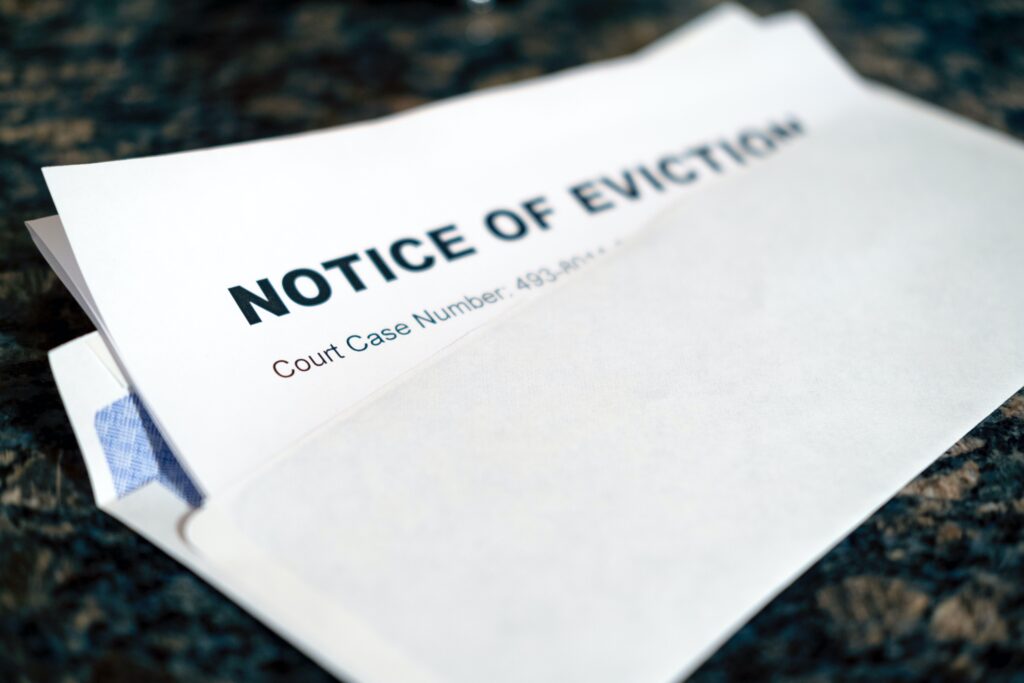Care is expensive. The average yearly cost of a residential care home is £48,000 according to Lottie.org Nursing care costs even more. Theses costs can very quickly eat up any savings you might have. For some, the reality of needing to move into a care home without having the sufficient funds to pay for it is very real. Here, we look at ways you can pay for care if you don’t have enough money to cover the costs.
Local authority support & means testing
If your care home is organised by the local council, they’ll conduct a means test to determine your contribution. This includes your home’s value. A means test assesses your financial capacity to contribute towards care costs as well as how much of the costs will be subsidised by the local authority.
The test evaluates your assets and income, including savings, property, investments, pensions and potential benefits (whether claimed or not). However, it excludes certain types of income and assets. For instance, the mobility component of Disability Living Allowance or Personal Independence Payment isn’t counted.
You’ll probably have to fully fund your own care if your combined capital exceeds £23,250. If it’s below this threshold, the local authority may offer some support, but you might still need to contribute towards the fees.
Request a care needs evaluation
If you don’t have any savings and need a hand covering care costs, get in touch with your local council or health authority. Step one involves asking them to check what level of care they think you’ll need, and to work out if they can lend a hand.
Start the process around three months before you plan to go into the care home, so there’s time to understand your care and money needs well in advance.
Remember, the council or NHS won’t cover anything until you get in touch. Once they’ve confirmed what care you need, they’ll run the rule over your incomes, assets and savings to see what you can pay. The review might show you won’t have to cover it all yourself after all.
The assessment could mean you’re eligible for a care home space, home help, or sheltered housing depending on your needs. But even with help, they may ask you to contribute something towards fees. So ensuring you’re getting all the benefit perks you deserve will help soften the blow.
Will I have to sell my house to pay for care?
With care costs spiralling, many families desperately turn to property assets, feeling cornered into selling the family home. This drastic step may prove traumatic but can raise vital funds when needs intensify and savings run dry.
However, protected rules aim to prevent this worst-case scenario. If a partner or dependent relative still lives there, the property value is excluded from financial assessments. Upfront costs also apply on changing this main residence status later down the line.
Still, around a third of over-65 homeowners in the UK end up selling to pay the extortionate fees, particularly for advanced dementia care. Charities urge investing early in financial planning and Powers of Attorney to help avoid fire sales in crisis situations.
Expert advice remains crucial in navigating grey areas around housing wealth and funding care.
Specialist brokers assist in releasing money tied up in bricks and mortar through equity release schemes. So while emotionally challenging, the family home often proves the last reliable option to survive this expanding costs crisis.
What happens if I want to sell my home to pay for care?
When you need to sell your home quickly to pay for care, Property Rescue can help. We facilitate quick house sales to get you the cash you need, fast. If you’ve got a home that needs offloading asap, we’ll buy it regardless of its condition and can complete it in as little as 48 hours. That means you’ll have the cash in your hands to pay care home bills swiftly.
With over 20 years of experience, we’ll guide you every step of the way, starting with a same-day guaranteed offer, so you can get the ball rolling right away if you need to. And if the offer works for you, we’ll get stuck into the legal admin and cover the legal costs for you too.
On top of that, selling with Property Rescue means skipping all the usual property palaver. You can wave goodbye to chains, fees and faffing around. Plus, we’ll handle everything from contracts to regular updates, so you’re informed every step of the way.








